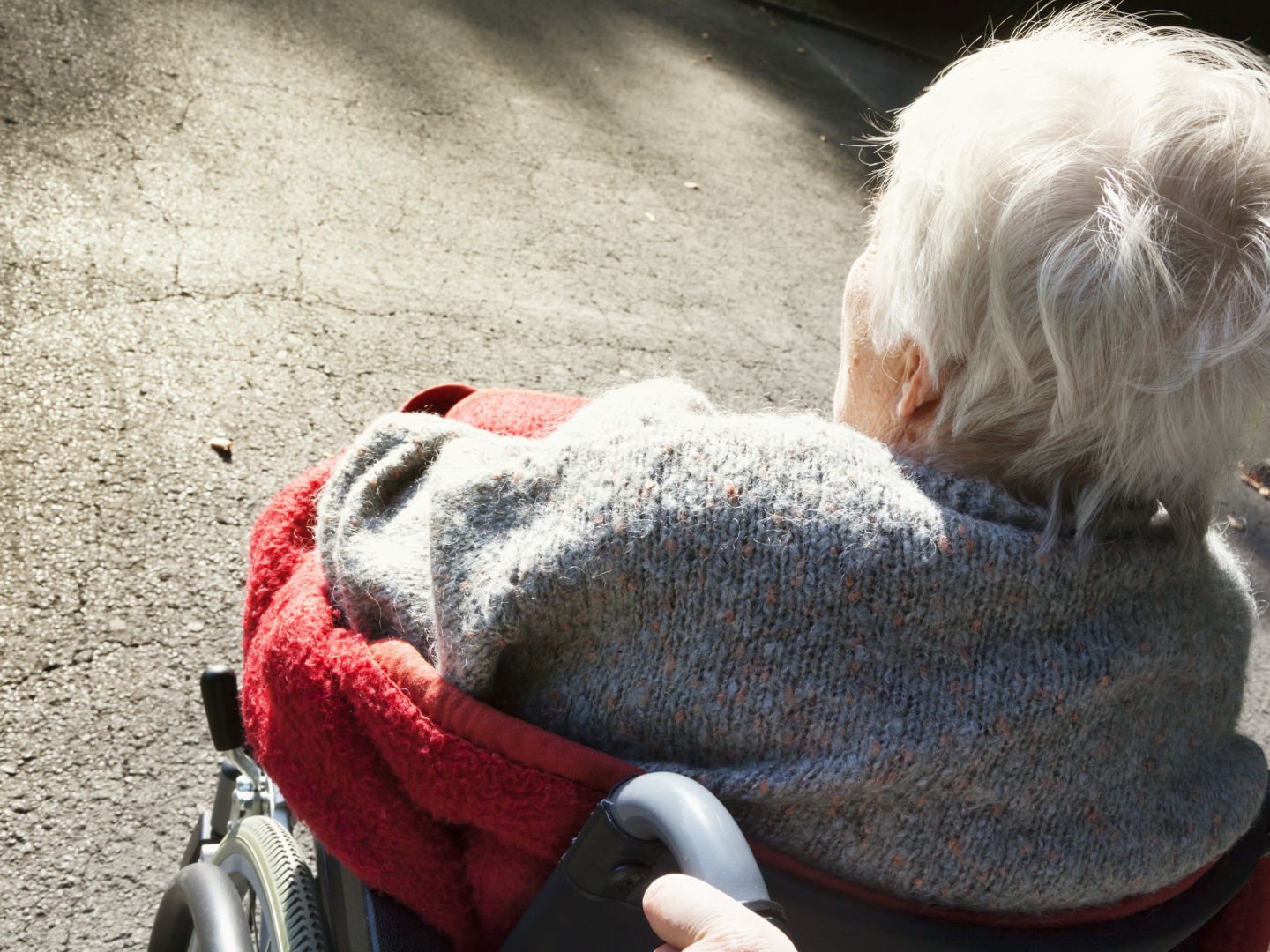Elder financial abuse - know the signs and take action
The following article is content from our partner Caxton Legal Centre. It does not constitute legal advice, and if you have a specific legal problem, you should consult a professional legal advisor. Names and identifying details have been changed in the case study below.
Sponsored Story

Elder abuse - what is it, exactly?
Elder abuse can be defined as a single or repeated act (or lack of appropriate action, such as in circumstances of neglect) which causes harm or distress to an older person. This may occur in any relationship where there is an expectation of trust between the older person and the person responsible for the abuse or neglect. These relationships may involve family, friends, carers or service providers.
Changes in personal living arrangements, ongoing or developing health issues, and supporting adult children through hardship are circumstances that can create fertile ground for elder abuse.
Commonly accepted types of elder abuse include neglect, sexual, physical, financial, social and psychological abuse. Often people experience more than one form of abuse at a time.
Free support services for people experiencing elder abuse exist around the country. These include services which provide legal help and social work and mediation support. For more information on the free help which is available visit the Community Legal Centres Australia website.
Bonnie, a quietly-spoken 86-year-old, was being financially and emotionally abused by her grandson Joshua.
Years earlier, Joshua had convinced Bonnie to transfer ownership of her home to him, stating “I’ll get it when you die anyway”.
Unbeknownst to Bonnie, Joshua had a large debt with the Child Support Agency and her home was at risk of being sold.
Bonnie had invited Joshua to move into the house with her when he had nowhere else to go.
Within days of Joshua moving in Bonnie’s neighbour became concerned by Joshua’s behaviour which included verbal abuse, threats and intimidation on top of the financial abuse.
Because Bonnie and Joshua shared both a family and an informal care relationship, the abuse was covered by Queensland's domestic and family violence laws. Under this law, a magistrate can require the violent or threatening person to be of good behaviour and not commit further acts of domestic violence, to not contact the person they are abusing, and to leave a shared residence.
- If I do nothing, will the abuse stop?
- If it does stop, will I always worry that it will start again?
- What supports do I need so that I can remain safely in my home?
- If I need to leave, have I sought advice and do I have a plan?
- Where will I go for help?
Fortunately, Bonnie’s neighbour contacted the Seniors Legal and Support Service (SLASS), based at Caxton Legal Centre in Brisbane, to express her concern.
As a matter of priority and with Bonnie’s agreement, a SLASS social worker and lawyer team visited Bonnie at home and provided advice about domestic violence. Police intervened and were successful in applying for an order requiring Joshua to move out of the property.
The SLASS social worker supported Bonnie to deal with her feelings of anxiety and guilt throughout this process, highlighting the direct consequences resulting from Joshua’s destructive behaviour. The social worker also helped Bonnie accept that she was not responsible for her experience of abuse.
The SLASS lawyer built on Caxton’s strong referral relationships to arrange pro bono legal representation for Bonnie to assert her legal right to her property and take steps to stop it from being sold out from underneath her.
It is common for older people who access SLASS, to feel guilty for taking steps to protect themselves, however it is essential that older people know that there are supports available to them and that they have the right to prioritise their own safety and wellbeing.
Bonnie is now relieved to be safe from the harm caused by Joshua’s abuse and, although anxious about her ongoing legal matter, extremely grateful for the help provided by the SLASS service.







